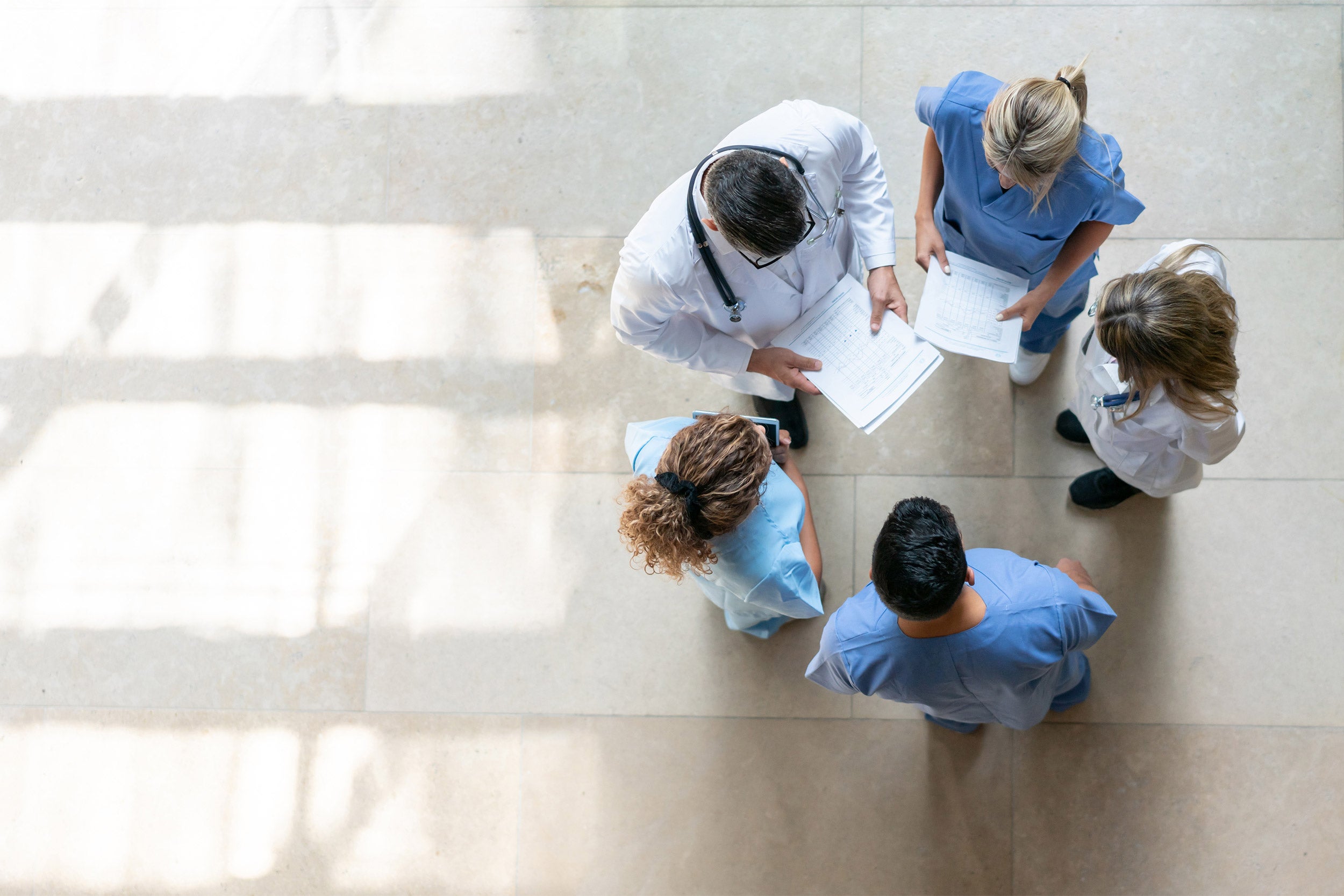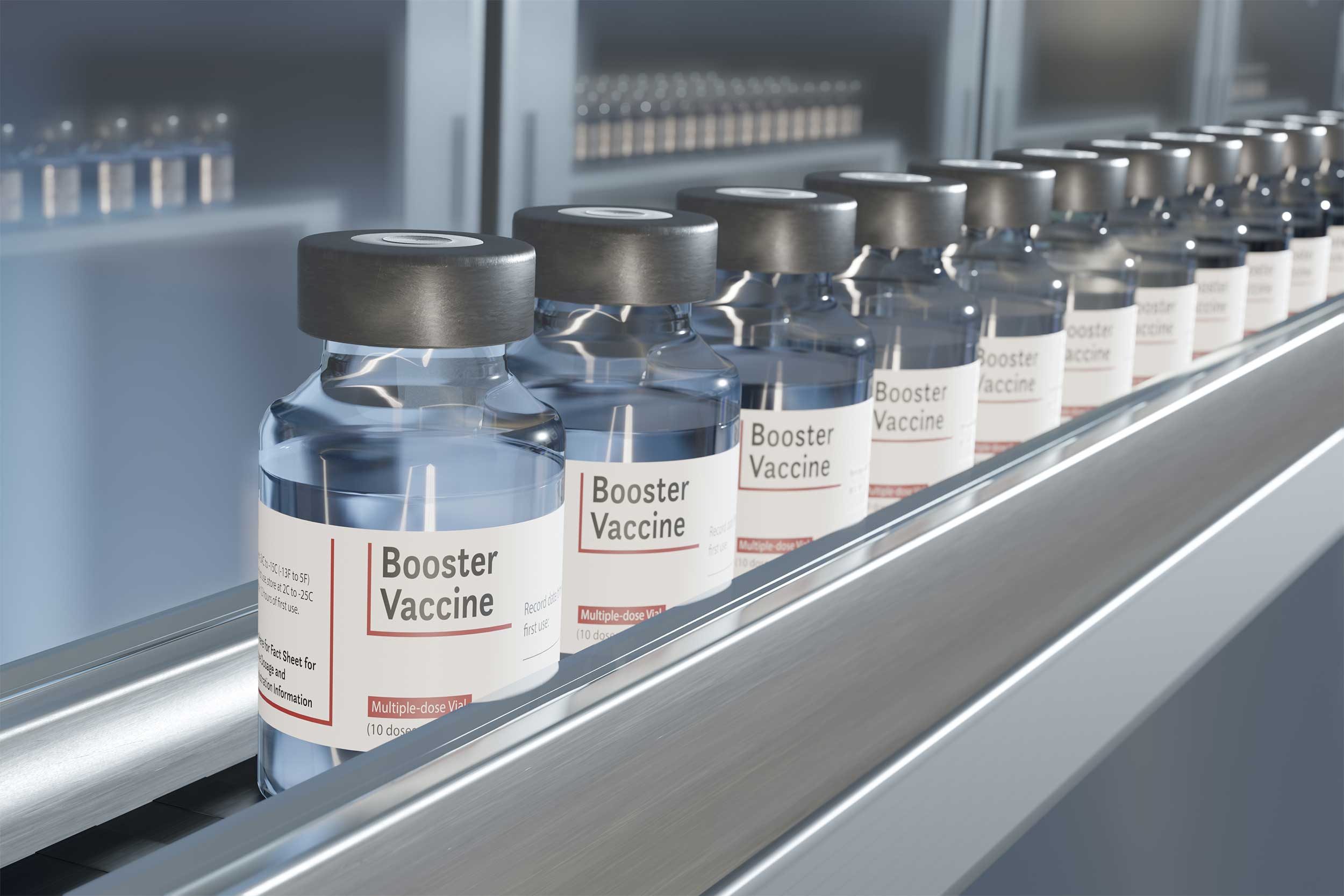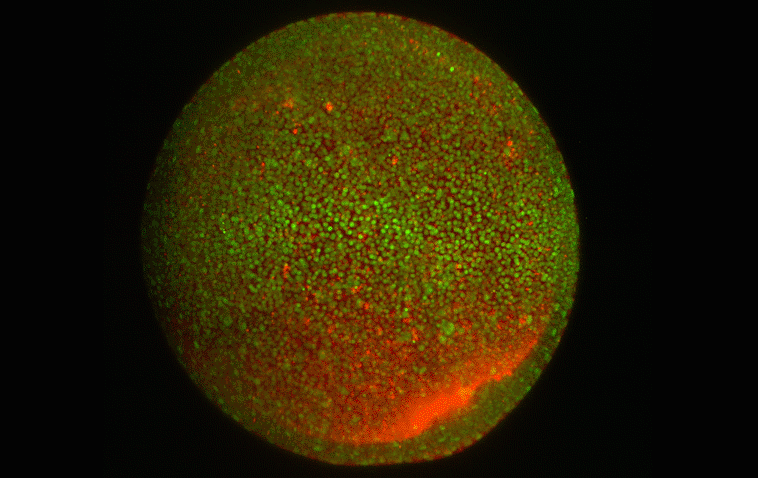Telemedicine for stroke improves patient outcomes, saves lives
The first national analysis shows patients at hospitals that offer remote stroke consults fare and were more likely to survive than patients who presented at hospitals without stroke telecare.
March 1, 2021 • ~4 min
Antioxidant reverses most BPA-induced fertility damage in worms
Treatment with a naturally occurring antioxidant, CoQ10, restores many aspects of fertility in C. elegans worms following exposure to BPA. The findings offer a possible path toward undoing BPA-induced reproductive harms in people.
Feb. 6, 2020 • ~6 min
Papers that use positive words in headlines likelier to be cited
Analysis of more than 6 million clinical and life-science papers shows articles with male lead authors are up to 21 percent more likely than those with female lead authors to use language that frames their research positively, which could contribute to persistent gender gaps in pay and career advancement in life sciences and medicine.
Dec. 16, 2019 • ~8 min
Nervous system actively stops Salmonella from infecting body
A study in mice shows the nervous system not only detects the presence of Salmonella in the gut but actively stops the organism from infecting the body by shutting the cellular gates that allow bacteria to invade the intestine and spread beyond it.
Dec. 5, 2019 • ~10 min
Researchers discover what’s behind a sense of direction
Using virtual reality experiments, Harvard neuroscientists have decoded how fruit fly brains integrate visual cues for navigation. Study also sheds light on a form of short-term memory known as unsupervised learning.
Nov. 20, 2019 • ~9 min
Study suggests how measles wipes out body’s immune memory
A new Harvard study shows measles wipes out 11 percent to 73 percent of antibodies against an array of viruses and bacteria, depleting a child’s previous immunity, which underscores the importance of measles vaccination.
Oct. 31, 2019 • ~12 min
Nervous system activity might influence human longevity, neural activity
The brain’s neural activity, long implicated in disorders ranging from dementia to epilepsy, also plays a role in human aging and life span, according to research led by scientists in the Blavatnik Institute.
Oct. 16, 2019 • ~8 min
/
2




